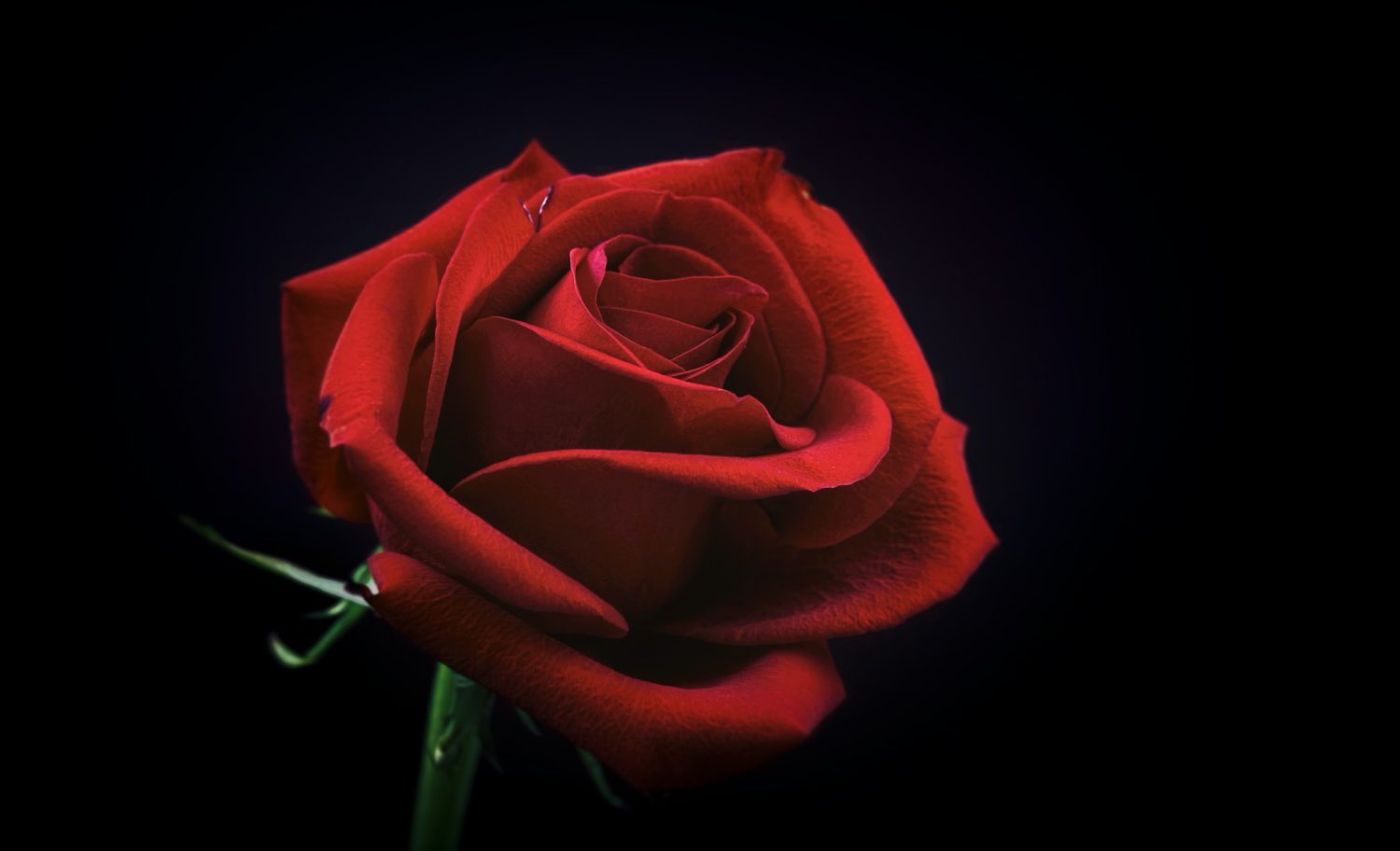Fighting for roses
We need to consider culture now more than ever, writes Dana Mills.
In the 1930s, Jewish feminist-socialist trade unionist Rose Schneiderman made one of the most famous interventions on the relationship between politics and culture: “Yes, it is bread we fight for—but we fight for roses, too. The rising of the women means the rising of the race. But a sharing of life’s glories: bread and roses, bread and roses.”
The Covid-19 crisis exposed years of neglect under the Tories of the education system, a failing welfare system, and of course the grave and dangerous underfunding of the NHS. There are hardly any phenomena which could not have been foreseen for those monitoring both micro and macro-economic structures. At the same time, Covid-19 is rare and interesting as a truly international crisis, in which the differences in how countries treat various sectors became apparent very swiftly.
One of the sectors in which these differences became clear very quickly is the world of culture and the arts, elucidated powerfully very recently with the ‘retrain’, reboot, reskill’ campaign which featured a ballet dancer called Fatima as its prominent image. Based on a life of touring and international commissioning from different institutions (often based in different countries and funding systems) art was hit swiftly, strongly and immediately. Theaters, museums and other cultural institutions were some of the first to shut down and often took a page from other countries before formal lockdown policies were implemented by governments internally.
Across countries, many artists inhabit more than one financial status; they may be self-employed in part, partially-employed as public workers (if they teach or work for a state funded institution), and many base their livelihood on freelance work such as teaching which depends entirely on ad hoc earnings. There were no safety nets nor thinking in place for people who occupy such a complex position in the UK.
It should be noted that many European countries supported artists from the start of the Covid crisis; in France, for instance, artists were granted full unemployment benefits from the moment lockdown was imposed. In the United States too, many artists were entitled for unemployment benefits. However, in the UK artists fell between categories and received no such support until a very late stage, when in early July, a relief fund of £1.57bn was announced. This was a much-needed intervention though very late and still unclear whether those who will need it the most actually get the sustenance they require.
At the same time, it was clear from the emergence of the crisis just how important art is for human life; during the harsh months of this year’s first lockdown we were all engrossed by livestreams from theaters, concert halls, virtual tours of museums and online dance classes. Those were often provided without cost and were hugely popular. And yet there are hours of invisible and unremunerated labour which made these performances possible. All these productions include more than just a famous actor or dancer; stagehands, lighting designers, technicians are all without support and without them there would be no culture. Hours of invisible labour enable one moment of magic.
There is proactive response to these crises and to the reevaluation of art. In Israel, human rights luminary Zehava Galon, known in the international left for years of her campaigning as activist and law maker, has commissioned a report on Netanyahu’s abuse of culture and neglect of the cultural sectors through her new think tank, Zulat. In Israel, culture is state funded in large parts, and artists have received no financial aid. A huge demonstration of the most famous artists in Israel gathered this August outside Netanyahu’s official residence in Jerusalem which has been a site for mass demonstrations all through the Covid-19 crisis. Perhaps there will be more protest around this agenda such as seen in Israel. Sadly, the British public seems to be fairly complacent with these ravaging policies taking hold over the past few years.
It is clear that Covid-19 will be here with us for a while and forces us to readjust to a new way of life, ‘a new normal’. And it is clear that we need both bread and roses. But we must fight to ensure that those talented people whose aggregated work means so much to us, who produce culture and art which sustain us, receive the support they deserve as human beings, earning fair wages, receiving government support in times of crises and have their vocation being treated with respect and dignity.

